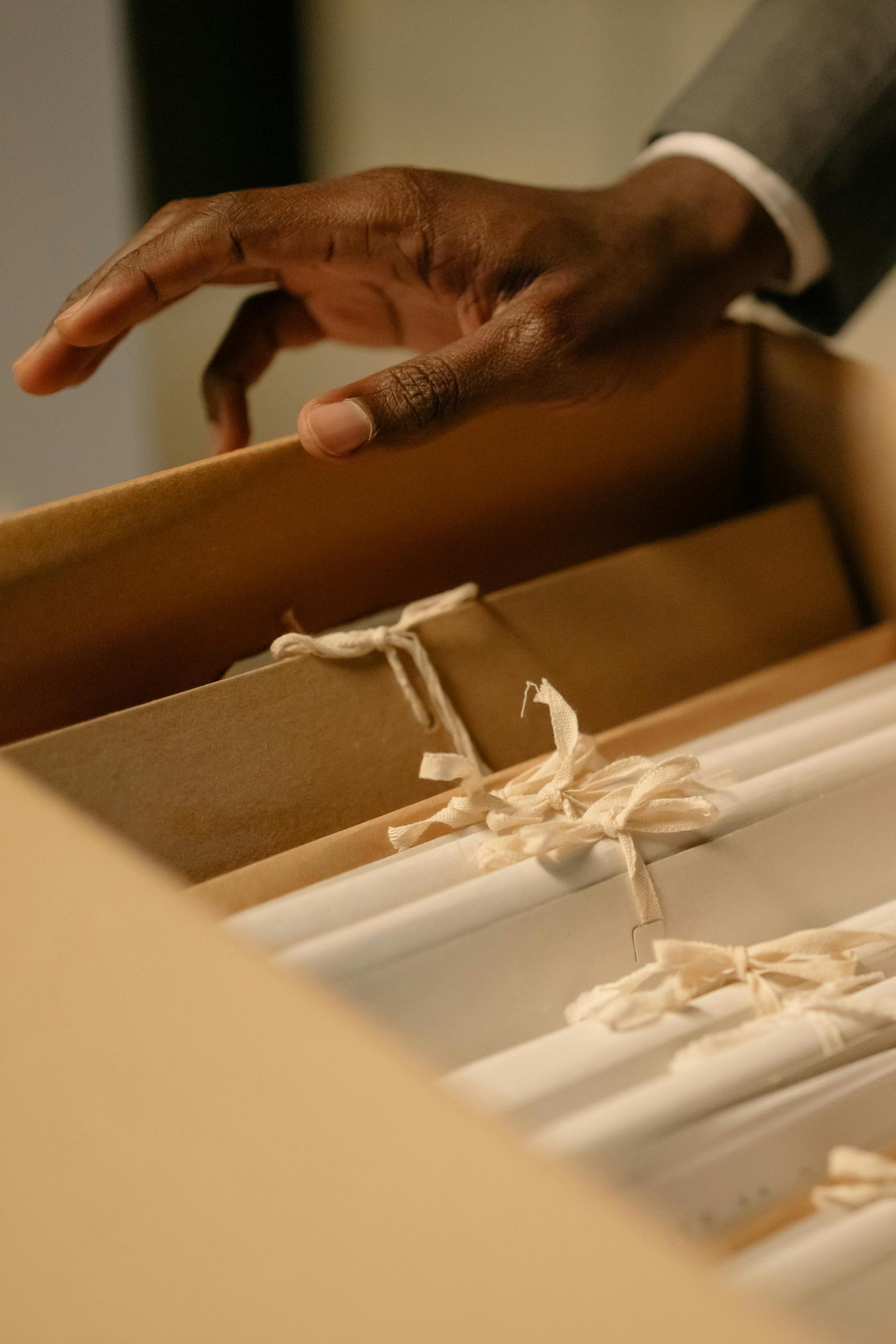Understanding Financial Responsibilities After an Uninsured Car Accident
When faced with the aftermath of a vehicular incident involving an uninsured driver, many car owners wonder: what financial obligations does the at-fault party actually hold? Specifically, if someone causes damage to your vehicle and does not have auto insurance, is the amount they owe strictly what is paid out of their pocket? And what happens if they choose to ignore their debt?
The reality is that an uninsured driver responsible for damaging your vehicle is generally liable for the costs incurred. However, the process of recovering that money can be complex. While the initial amount owed might be the total repair or replacement costs—potentially exceeding hundreds of thousands of dollars in severe cases—the ability to collect these funds depends on the individual’s financial situation and willingness to pay.
If the uninsured driver refuses or neglects to settle their debt, you might need to pursue legal action. This could involve obtaining a court judgment against them, which effectively recognizes their obligation to pay. Yet, securing consistent compensation is not always straightforward, especially if the individual has limited assets or income. In some cases, judgments remain unpaid for years, turning into longer-term liabilities that the individual may struggle to satisfy.
It’s worth noting that serious accidents with substantial damages, such as over $100,000, are often linked to individuals with an extensive history of reckless behavior or previous violations. While such judgments can be associated with their name, collecting on them isn’t guaranteed. These sums frequently act as a legal record of debt rather than an immediate, cash-in-hand payment.
For vehicle owners and accident victims, it’s essential to understand that local laws and insurance policies can influence recovery options. In many regions, uninsured motorist coverage—if included in your insurance plan—can help cover damages caused by uninsured drivers, offering some financial protection.
In conclusion, while the amount an uninsured driver owes can be significant—potentially exceeding the immediate repair costs—the actual collection process can be challenging and uncertain. Legal avenues exist, but their success ultimately depends on the individual’s financial circumstances and willingness to pay. If you find yourself in such a situation, consulting with a legal or insurance professional can help clarify your options and ensure you take the best steps toward recovering your losses.



